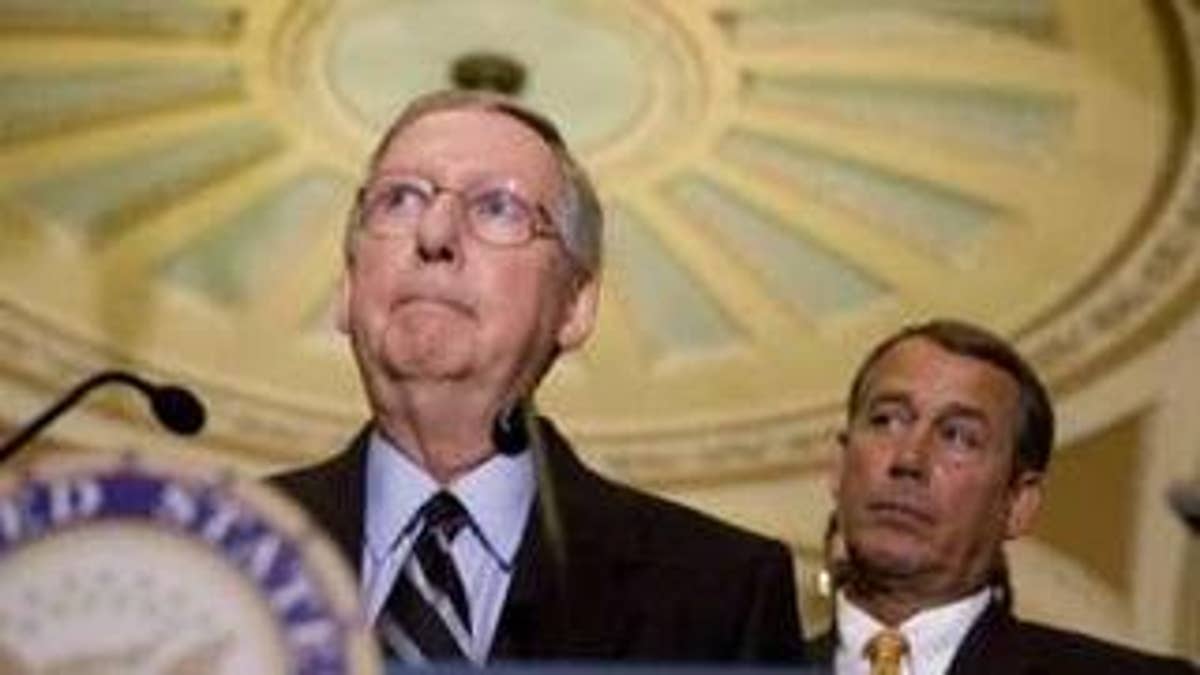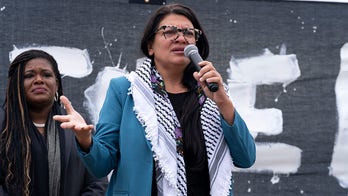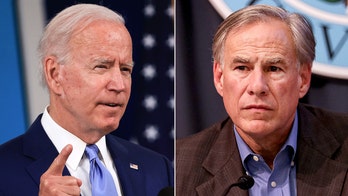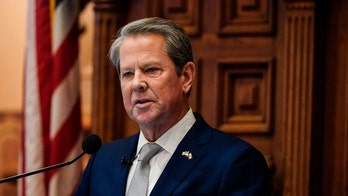
Don't expect a Republican change of heart on government-run health insurance any time soon.
Even though several less sweeping versions of the public option are gaining steam on Capitol Hill, potentially providing an opening for GOP lawmakers to bargain for the least offensive, party leaders are sending a message: Not impressed.
"At the end of the day, it's a government-run plan," one Republican aide told Foxnews.com.
The unyielding resistance ensures that Republicans will keep health care reform complaints in their arsenal for the 2010 elections and beyond.
At the same time, they run the risk of reinforcing their image among critics as the "Party of No." And should health care reform pass, experience no significant cost overruns or bureaucratic fumbles, and be enormously popular, the Republican Party will effectively be on the losing team.
But Republicans see any of these plans as a bureaucratic monster guaranteed to drive up already ghastly deficits and burden Americans with new taxes. They claim to have the wind at their backs, arguing that the upcoming Virginia governor's race -- where Republican Bob McDonnell leads the polls -- is a "cautionary tale" to Democrats ahead of the 2010 elections and a sign of the angst directed at the incumbent party in Washington.
"We're going to offer alternatives. ... and that will be important going into next year's election," Senate Minority Leader Mitch McConnell told ABC's "This Week."
Plus congressional Republicans know that Democrats, with their majorities in both chambers, don't need to convince them anyway -- they need to convince themselves.
Scott Stanzel, former deputy press secretary to President Bush, said Senate Majority Leader Harry Reid is having a hard enough time whipping up a simple, 51-vote majority for the public plan, let alone the 60-vote bloc needed to crush a filibuster.
"I think Republicans should stand firm on their principles that injecting more government control into our health care system is wrong," he told Foxnews.com. If they cave, Stanzel said, "They essentially have to go silent on what the impacts of that public option could be" in the run-up to the next election.
If they were inclined, Republicans would have a buffet of government-run options to pick from. One version, popular among Reid and other senators, would allow states to opt out if they wanted. Another version would allow states to opt in. Another version would provide for a "trigger" to activate the public option if the private insurance industry doesn't meet certain conditions down the road.
In terms of payment, one proposal would set up a public plan that would use "negotiated" rates just like private plans do -- an option expected to come with middle-of-the road premiums for consumers and therefore make less of a dent on the private industry's client pool. This would be more moderate than the idea pushed by congressional liberals to use Medicare rates, plus five percent for doctors -- this would lead to considerably cheaper premiums and could cause millions more people to leave private coverage.
But Republicans, for the most part, say they have no interest in pushing for any of the above, even if their support could help push Congress toward a less robust version. Consider that all but one Republican on the Senate Finance Committee opposed a bill that didn't even include a public option -- it included a system of nonprofit cooperatives instead.
"None of the legislative proposals Speaker Pelosi is discussing can be called 'reform.' All of the Democrats' trillion-dollar bills will increase premiums, raise taxes, cut Medicare benefits, destroy jobs and jeopardize the health coverage that millions have today," House Minority Leader John Boehner said in a statement. "Whether you call it a public option, a trigger, or a co-op, the fact is all of these proposals put us on the path to government-run health care."
The public option appeared all but dead in the wake of the August recess, during which constituents railed against the prospect of more government intervention at town hall meetings. But since the Senate Finance Committee approved its version of the bill, becoming the last of five panels to do so, the idea has enjoyed somewhat of a revival.
"At the end of the day we will have a public option in our legislation," House Speaker Nancy Pelosi said Friday.
Sen. Chuck Schumer, D-N.Y., said on NBC's "Meet the Press" Sunday that Reid is close to rounding up the 60 votes needed to pass a plan that includes government-run insurance, adding that the "opt out" version will probably win over.
Democrats, though, are still in a heated debate over which version they prefer.
Conservative Democrats prefer the "opt in" approach, which presumably would keep states from encountering any problems trying to get out of the public plan. Sen. Ben Nelson, D-Neb., expressed interest in that idea Sunday.
Democratic strategist Bob Beckel said the "trigger" option, which President Obama is said to favor, seems likely to prevail.
But while some Democrats believe that a compromise public option that attracts conservative Democrats could in turn attract Republican supporters, moderate Republicans aren't yet warming to the idea.
Sen. Olympia Snowe, R-Maine, the only Senate Republican to endorse any version of health care reform to date, has said she won't accept anything except a "trigger" plan.
If Republicans lock arms in symbolic protest to health care reform in any form, Democrats are predicting a third straight electoral backlash.
"I think that in 2010 what's helping us is that the Republican Party doesn't seem to have any platform at all," Schumer said. "When health care passes it's going to improve. ... I think you'll see in 2010 we're going to do pretty well, aided and abetted by no alternative."
Foxnews.com's Judson Berger contributed to this report.




